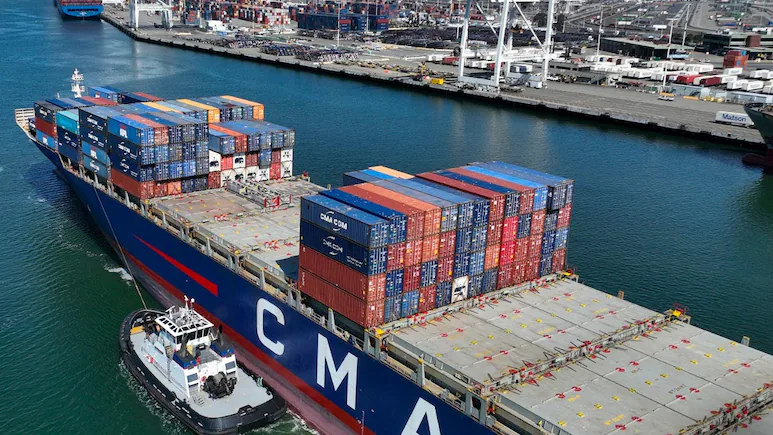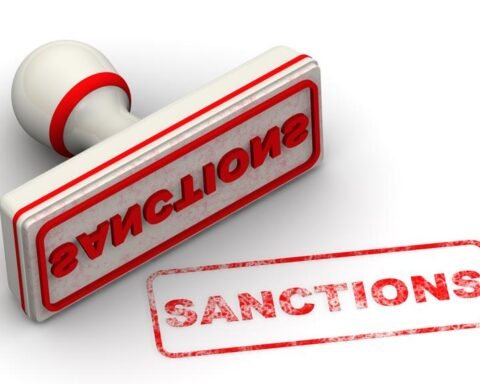The Chinese government is drafting a new regulatory system; till then, the shipments of the magnets, essential for the manufacturing of almost everything, ranging from cars to missiles, have been halted at many Chinese ports
As the trade conflict between the US and China deepens, Beijing has halted the export of several essential rare earth elements, metals, and magnets. This move threatens to disrupt supplies to the West of key components vital for weapons, electronics, automotive, aerospace, semiconductor industries, and a diverse array of consumer goods.
The Chinese government is in the process of developing a new export regulatory system. While these policies are still being formulated, shipments of magnets—crucial for manufacturing everything from cars to missiles—have been stopped at numerous Chinese ports according to credible sources.
Sources say, once the new regulatory framework is implemented, it could permanently restrict supplies from reaching certain companies, including American military contractors.
The official crackdown on exports is part of Beijing’s response to US President Trump’s aggressive trade war. China accounts for approximately 90 percent of the world’s rare earth elements, a group of 17 materials essential for the defense, electric vehicle, energy, and electronics sectors. Seven categories of medium and heavy rare earths, including samarium, gadolinium, terbium, dysprosium, lutetium, scandium, and yttrium-related items, have been added to the export control list. The United States has only one rare earth mine, with most of its supply sourced from China.
On April 2, Beijing implemented export restrictions on rare earth elements as part of a wider package of tariffs and company limitations in retaliation for Trump’s decision to increase tariffs on most Chinese goods to 54 percent. These export restrictions encompass not only mined minerals but also permanent magnets and other finished products that will be challenging to replace, according to analysts.
This move, which Beijing had previously suggested was a possibility, further escalates trade tensions between the world’s two largest economies and leaves American manufacturers in search of new sources for the critical minerals they have depended on for years.
Currently, metals and specialized magnets made from these elements can only be exported from China with special licenses.
However, Beijing’s system for issuing these licenses is still underdeveloped, leading to concerns among industry executives that the process may take time and that existing supplies of minerals and products outside China could dwindle.
Currently, metals and specialized magnets made from these elements can only be exported from China with special licenses.
However, Beijing’s system for issuing these licenses is still underdeveloped, leading to concerns among industry executives that the process may take time and that existing supplies of minerals and products outside China could dwindle.
The move, which affects exports to all countries, not just the US, is the latest demonstration of China’s ability to weaponize its dominance over the mining and processing of the critical minerals.
While the export controls stop short of an outright ban, Beijing can throttle shipments by restricting the number of export licenses it issues. Lockheed Martin, Tesla and Apple are among the US companies that use Chinese rare earths in their supply chains.







